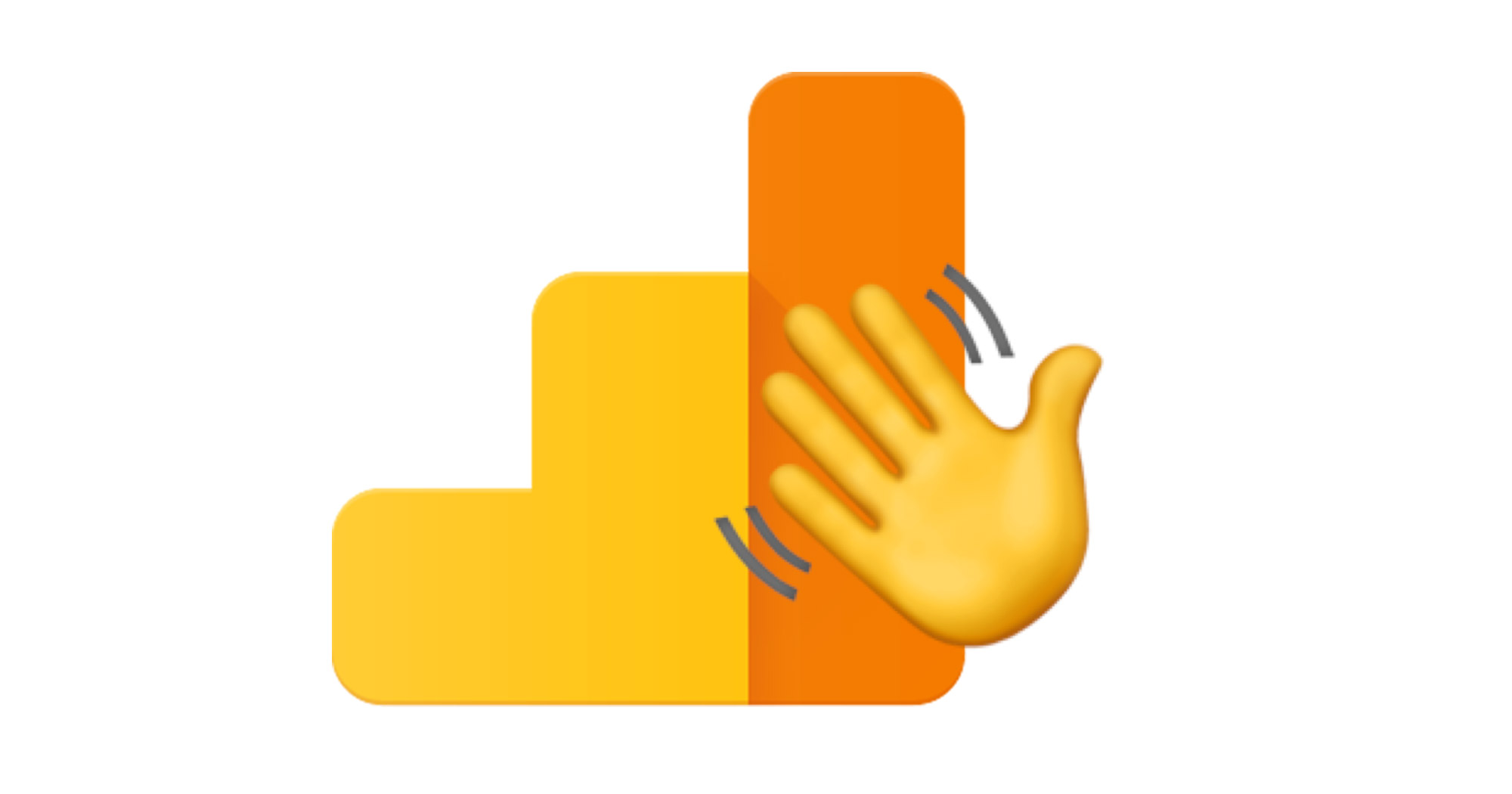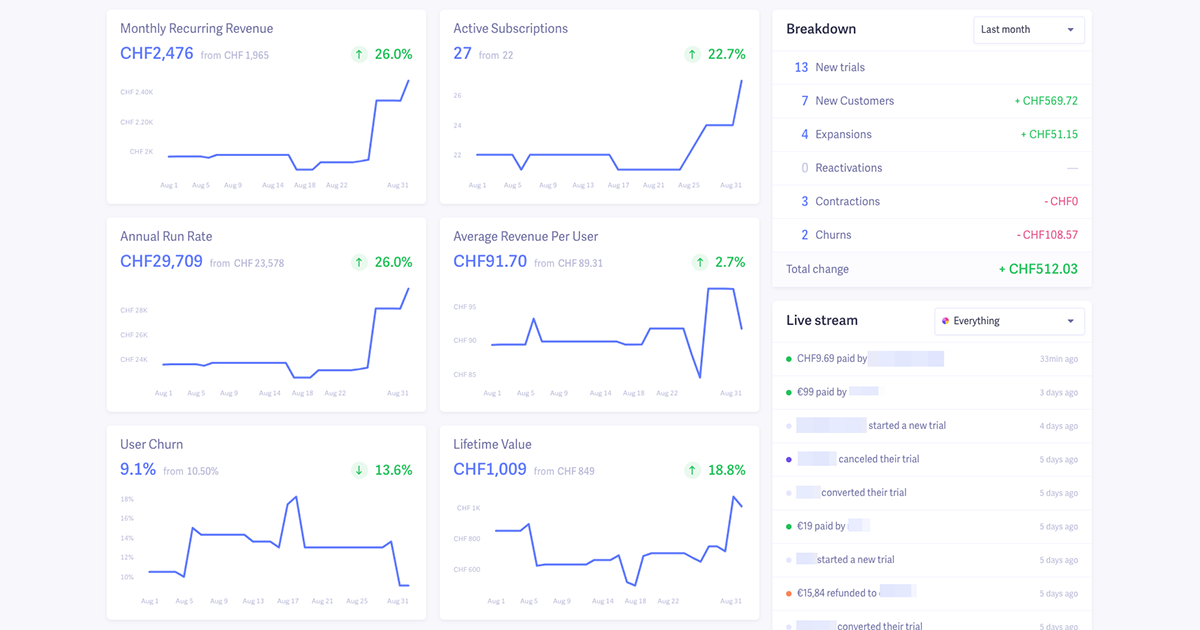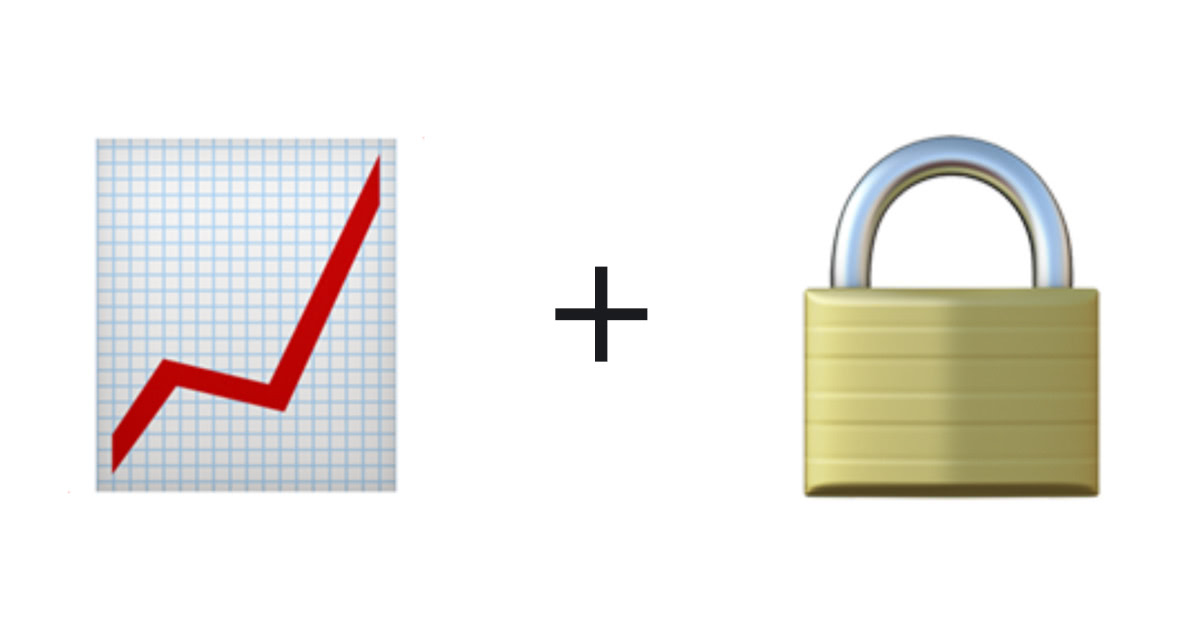Google has announced that it will shut down the classic Google Analytics (Universal Analytics) on July 1, 2023:
On July 1, 2023, standard Universal Analytics properties will no longer process data. You’ll be able to see your Universal Analytics reports for a period of time after July 1, 2023. However, new data will only flow into your GA 4 properties.
This means that Universal Analytics will no longer receive and process new data as of July 1, 2023. Existing reports will still be displayed for a transition period, after which they will apparently be deleted (!).
The date still seems quite far in the future. In fact, companies already have to act by June 2022!
Contents
Why act now? I still have plenty of time, don’t I?
Many web analytics reports are based on year-over-year (YOY) comparisons. This means that you compare current values with those from exactly one year ago.
This type of analysis is more meaningful than, for example, a comparison with the previous month, since seasonality does not play a role in an annual comparison.
Of course, you could switch to another solution just before Universal Analytics shuts down – and then compare the numbers from the new solution with those from Universal Analytics a year ago. However, this is not a very good idea:
- It’s imprecise. Each analytics solution has its own measurement methods, some of which are slightly different. So if you’re comparing data from two different tools, you’re going to have discrepancies for that reason alone.
- It’s costly. If the data from the previous year is in the same software, you can make comparisons directly in each report. If the data is in two different tools, you would have to export the data to i. e. Excel and compare them manually. This not only takes a lot of time, but is also prone to errors.
So there are good reasons to migrate to a new solution more than a year in advance of the shutdown of the previous Google Analytics (Universal Analytics).
Which new Analytics solution should I choose? Google Analytics 4 or an alternative?
Google recommends that users of the previous Google Analytics (Universal Analytics) migrate to the new Google Analytics 4.
The advantage of Google Analytics 4 is the same as that of Universal Analytics: the solution does not cost money.
Instead, website operators pay the service with their users’ data. Google, in turn, uses this data to display advertising to these users.
And there are other disadvantages:
- Time and effort. The interface and concept of Google Analytics 4 is fundamentally different from that of the previous Google Analytics (Universal Analytics). Companies must therefore invest a lot of time and effort in the configuration of the software and the training of their employees.
- Privacy. In Switzerland, a new, much stricter Federal Act on Data Protection (FADP) will come into force in September 2023. This poses a legal risk for companies to send personal data to the US. And in the EU, the situation regarding the use of Google Analytics is already legally complicated. In July 2020, the European Court of Justice overturned the Privacy Shield, which until then had governed the protection of data transferred between the EU and the USA. This Privacy Shield has so far been replaced in a makeshift manner by so-called standard contractual clauses. Recent decisions show that this situation is vulnerable. In January 2022, for example, the Austrian data protection authority prohibited the use of precisely Google Analytics in a specific case. And a Wiesbaden court recently banned a university from using a content management solution from the USA.
If I don’t want to migrate to Google Analytics 4, what are my alternatives?
There are numerous analytics solutions that offer comparable functionality to Google Analytics while providing a higher level of data protection.
Instead of paying for these solutions with their users’ data, companies pay a fee for their use. In return, the providers guarantee that data will not be passed on and will be particularly well protected.
Friendly Analytics is the most popular Swiss web analytics solution and serves as a data-saving alternative. Functionally and in terms of operation, Friendly Analytics is very similar to the classic Google Analytics. At the same time, Friendly Analytics is backed by a Swiss company and stores all data with providers headquartered in Switzerland or the EU (your choice).
Conclusion
Companies should definitely migrate to a new web analytics solution by June 2022 in order to be able to make year-on-year comparisons when evaluating in the future.
Whether the new solution should be Google Analytics 4 or an alternative such as Friendly Analytics is something each company must decide for itself based on its priorities such as costs and data protection.
Friendly in your inbox? Sign up for our newsletter.


